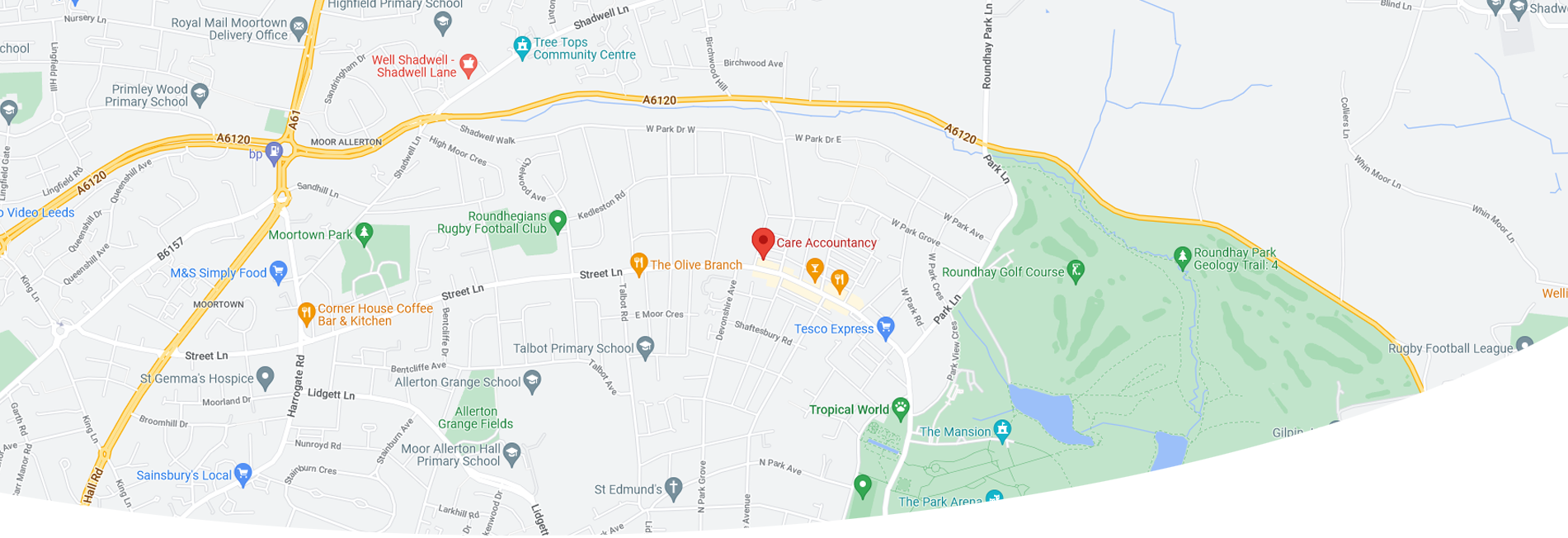Beyond life - Death without a Will
Letter of Administration
Rules of Intestacy -Person dying without a Will
If a person who owns money, property and assets dies without making a Will or makes a Will that is not legally binding or valid, the intestacy rules will apply. These rules will determine the procedure of sharing out the estate amongst the heirs /beneficiaries. An intestate person is said to be one who dies without leaving a Will. In such a case, specific restrictions will apply as to sharing of the deceased’s estate, called the laws of intestacy.
As only married or civil partners and some other close relatives can inherit under intestacy rules. If a person dies intestate or without a Will, unmarried partners, common-law’ partners, lesbian or gay partners and those not in a civil partnership, relations by marriage, close friends, or carers have no right to inherit the deceased’s property.


Procedure of
Administration
If a person owning money, property and assets dies the process that deals with the disposal of these assets is usually through a letter of administration. A grant of a letter of administration is usually required if:
- There is no Will
- The Will has been deemed invalid
- There are no Executors named in the Will
- The Executors named in the Will are unable to deal with the estate themselves
A grant of letters of administration may also be required if the loved one made a Will; however, the executors cannot deal with the estate. A grant of letters of administration may not be needed if the total value of the estate is less than £10,000, or if the estate is only made up of:
• Cash and personal possessions like cars and jewellery
• Property that is jointly owned
• Bank accounts that are jointly owned
• Debts with a higher value than the assets
• Life insurance policies and pension benefits
Grant of a letter of administration
The Probate Registry, part of the HM Courts & Tribunal Service issues documentation that grants legal authority to deal with someone’s estate after the death. A grant for the representation needs to be applied by the deceased’s next of kin, usually the spouse. In the case where a Will has been written, a grant of probate needs to be applied by the Executors named in the Will.
Based on such application the Court issues an official document called the letter of administration, which conveys the authority to a person to act as the estate administrator, allowing such person to close bank accounts, sell the property and distribute assets to beneficiaries.
The formalities of getting a letter of administration are, by and large, similar to that of a grant of Probate. It Is because of this reason that a letter of administration is also sometimes referred to as a grant of representation, a collective term used for both a grant of letters of administration or a grant of probate.
Who needs to apply for a grant of letters of administration?
The person who stands to inherit the most, under the intestacy rules, usually the spouse or civil partner normally applies for a grant of letter of administration. In the absence of a living spouse or civil partner, another family member can make such an application.
If the spouse /civil partner does not exist, an application can be made firstly by the children of the deceased or if no children are alive by his grandchildren, then by parents, then by siblings or nieces and nephews over 18 can make an application.
Disclaimer
If siblings have died, half-siblings or nieces and nephews over 18 can make an application. If there are half-siblings alive, then grandparents, and then aunts or uncles, and then children of aunts and uncles can make an application.
Once the application has been submitted and approved by the Probate Registry, the person named on the application will be appointed as the Estate Administrator, which confers the legal authority to close accounts, sell the property and distribute assets. For children under 18 years of age, an adult can apply on their behalf, usually a parent or someone else with parental responsibility.
Timeframe
It usually takes 30 days to get a grant of letters of administration if the case is simple. For more complex estates, this can take slightly longer. The administration process can take somewhere between a quarter to a year, depending upon the number of accounts in the estate and the properties that need to be sold or transferred. Applications for a grant of letters of administration costs £215, while it may cost £155 if a professional probate service is used to file an application.
Care Accountancy can help you complete legal formalities to obtain access to assets for the legal heirs after the death of a loved one and as soon as possible and without any delay.
Passing away of someone dear or a loved ones is a difficult time. During such difficult times, Care Accountancy can help you in completing all the formalities relating to the grant of letter of administration. We can deliberate and understand relevant details, value the estate, fill in the Form PA1 application and preparing necessary tax forms to attach to the probate form for signature. We can visit and attend to the Probate Registry office, attend to the appropriate inheritance tax form, and sending the application to the probate registry for approval.
Once the letter of administration has been granted, we can arrange a settlement of liabilities, and distribution of the amount due to the beneficiaries. We can also provide estate accounts for the Executors and beneficiaries, as the case may be.
Distribution Of Estate – Surviving Relatives
Living persons who are married or in civil partners at death, inherit from the estate. Those divorced, in legal termination of a civil partnership, or common-law’ partners who are neither married or in a civil partnership, cannot inherit under intestacy rules. However, partners who have separated informally are still entitled to inherit under the rules of intestacy.
If there are no surviving children, grandchildren or great-grandchildren of the deceased person, the surviving partner will inherit all the personal property and belongings of the deceased person and the whole estate with interest from the date of the death. Couples with a joint bank or building society account automatically inherit the whole amount. Property and money inherited by the surviving partner do not count as part of the deceased person’s estate when it is being valued under the intestacy rules.
For partners who are beneficial joint tenants in the property at death, the surviving partner inherits the other partner’s share in the property. However, this is not the case if the partners are tenants in common. If there are surviving children, grandchildren or great-grandchildren of the person who died, and the property is more than £270,000. In that case, the surviving partner will inherit all personal property and belongings of the deceased person amounting to £270,000 out of his estate, and then also out of the remaining, half of the estate.
Children of the deceased person will inherit the whole amount of the estate if there is no surviving married or civil partner. If there is a surviving married or civil partner and the property is not jointly owned and is above £270.000, they will be entitled to a share above £270,000. Children of the deceased person will inherit the whole amount of the estate if there is no surviving married or civil partner. If there is more than one child, they will inherit an amount equally. This rule also applies where a parent has children from different relationships.
However, they may not get access to the inheritance immediately unless they attain an age of 18 years. Until that time, the estate is managed by the Trustees. Children of parents who are not married in a civil partnership can inherit from the estate of a parent who dies intestate and can also inherit from grandparents or great-grandparents who have died intestate. Adopted/ stepchildren also have the right to inherit under intestacy rules.
Similarly, there are specific rules for grandchildren and great-grandchildren, parents, brothers and sisters and nieces and nephews of the intestate person and an order of priority for other relatives in which the deceased person’s estate is shared.
Distribution Of Estate – No Surviving Relatives
If the deceased does not have any surviving relatives to inherit from the property under the intestacy rules, the estate passes on to the Crown, known as bona vacantia. The Treasury then deals with the estate, and the Crown can make grants from the estate but does not have to agree to them for such surviving relatives, who have an excellent reason to apply for a grant.
If a person cannot inherit under the rules of intestacy, it is still possible to apply to court for financial assistance from the estate of the intestate person. An unmarried person living with the deceased for at least two years before his death or a person who was treated as a child by the deceased, would not inherit anything.
However, they could still apply to the court for financial help within a specific timeframe. In such cases, the court may order a lump sum payment, a regular payment, or property transferred from the estate.

Get in Touch
Rhoundhay
Leeds
LS8 2AL, UK
Coventry Road
Birmingham
B26 3EJ, UK
0121 7268 542
info@careaccountancy.co.uk











